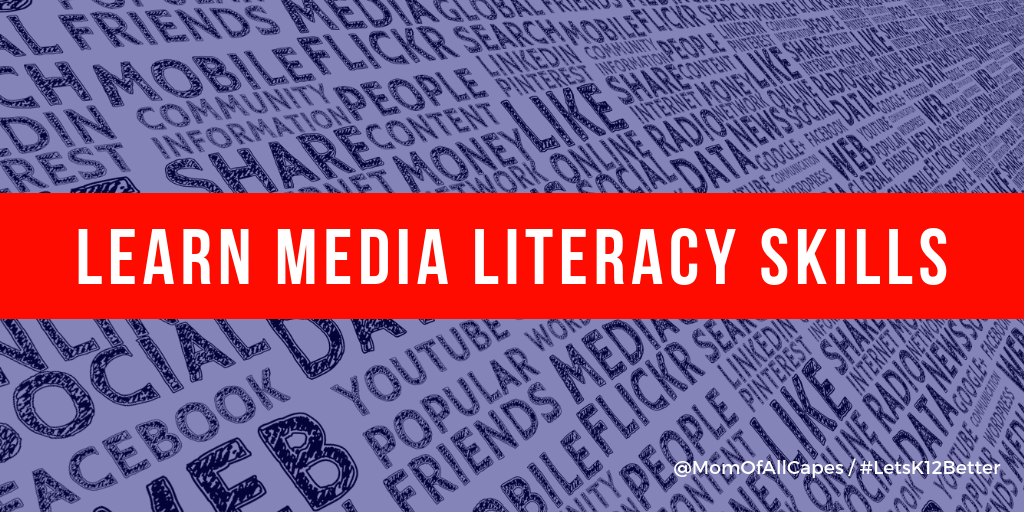|
We’ve all had a moment when we read a headline that made us raise an eyebrow; heard an advertisement that was stretched beyond truthful; or listened to a politician or news anchor that was completely biased. We throw around fake news so readily when we don’t believe information online. But do we know what the term “fake news” really means? Is it news we don’t agree with or news that spreads false information or is it parody? In this era, the news never sleeps. Since online information is available everywhere all the time, how can we decipher between news and information that is valuable and that which is not? The problem isn’t just the sheer amount of news and information coming at us. It is that much of what we see online we want to believe it. Media that gains the most traction is entertaining or creates a visceral reaction and we consume that media in good faith. When news and information sites use their platforms to stretch the truth or spread blatantly false information it is hard to determine what is truthful and what is not. The fake news ecosystem preys on some of our deepest human instincts, which encourages us to make decisions against our best interests, believe false information about groups of people, and allows us to perpetuate our own ignorant biases.
This is why Media Literacy Week is so important. Media Literacy Week is designed to bring attention and visibility to media literacy education in the United States. NAMLE defines media literacy as the ability to access, analyze, evaluate, create, and act using all forms of communication.
Why are media literacy skills so important and what can you do about it?
Being able to decipher between false information and real information requires skills that can be developed and practiced over time. I co-hosted a #ToolkitTalk Beyond "Fake News": Teaching Students Media Literacy with the NBC Parent Toolkit community. Much of the discussion centered around what actionable items families can take to improve media literacy skills at home. There are tons of great resources out there, like this Media Literacy Crash Course. I recommend looking at these free lesson plans, games, and digital resources available through iCivics. iCivics also released a new game in partnership with Annenberg Public Policy Center. The game challenges players to moderate and grow a social media news site, defending the feed from bias, false information, and clickbait. Watch the iCivics NewsFeed Defenders trailer! Although the lack of media literacy is a threat to our democracy, there is still hope. Much of raising media literate kids requires a bit of patience and a lot of conversation. Most importantly it requires parents to go on the journey with their kids by modeling media literate habits. Media Literacy Week is a great opportunity to work on media literacy skills. Find resources, events, and other information on the National Association for Media Literacy Education site. You can join this very important discussion on social media using the hashtag: #MediaLitWk.
0 Comments
Your comment will be posted after it is approved.
Leave a Reply. |
I'm a former teacher and former college athlete, currently working to make life more equitable for all people. My mission is to get parents to partner with their child's teacher.
|

